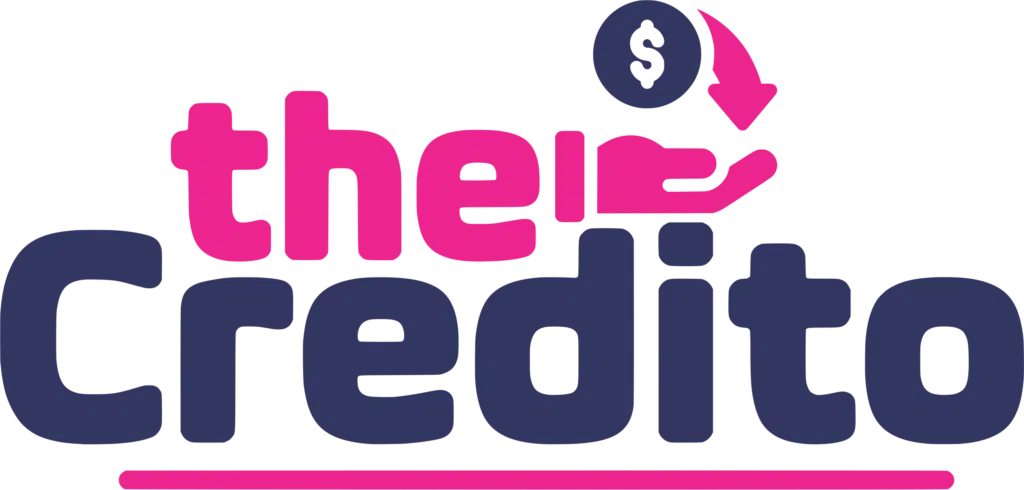In the recent past, the insurance sector in the United States has gone through a number of transformations mainly because of the entry of fintech firms. These are new generation firms that use technology to enhance their services and delivery, manage their processes and even develop new ways of doing business.
Thus, they are transforming the insurance markets in a manner that the conventional market participants are finding hard to compete with. This paper aims at identifying some of the top fintech firms that are reshaping the insurance market in the US.
Lemonade: redefining customer experience

Lemonade is one of the leading fintech companies that has affected the insurance business. Lemonade the company was launched in 2015 and offers home and renter insurance services with the help of artificial intelligence and behavioral economics. Therefore, a distinctive feature of the company customer service delivery system differentiates it from other insurance firms.
The main strategy that Lemonade relies on is the concept of transparency and simplicity of the business model. It has easy to use interface that enables the customers to get the insurance quotes and file for the claims via the mobile application.
It is fast and simple, sometimes it may take only a few minutes. This is in sharp contrast with the usual procedures that are time consuming and tedious when dealing with traditional insurance companies.
Also, the company uses Artificial Intelligence to process the claims and therefore attend to them efficiently. When a client makes a claim it’s an AI bot that evaluates the extent of the damage, and payout is made within the shortest time possible. This not only increase satisfaction rate of the customers but also decreases the expenses of the company to a great extent.
Furthermore, Lemonade has a special giveback model, which means that the unclaimed funds from premiums are contributed to certain causes of the customers’ choice. This creates a bond between the company and its consumers thus making them feel that they are part of the company.
Root Insurance: personalized and fair pricing
Another fintech that is doing well in the insurance market is Root Insurance. Established in 2015, Root is an insurance provider that deals with car insurance where the company uses technology to pricing the insurance according to the driver’s behavior.
The goal of the company is to revolutionize car insurance so that it is not only more just but also cheaper for the people with good track record of driving. Root Insurance Company employs the application that monitors the driving behavior based on speed, braking and time of the day.
This information is then processed to produce a quote for insurance cover that suits the client’s needs. Safe drivers are penalized with fewer costs as they are believed to pose lesser risks to the company.
This is different from the conventional insurers where the risk assessment is done basing on the demography of the area to be covered. Thus, the application of telematics helps the Root Insurance to acquire the target audience that appreciates trust and justice.
In coming up with rates that represent a driver’s risk, Root encourages safer driving and decreases the number of accidents. In addition, the company has adopted a mobile application in which the insurance process is eased to suit the modern generation.
Oscar Health: innovating health insurance
Oscar Health is a fintech firm that was founded in 2012 and has been changing the health insurance space. In this way, Oscar concentrates on technology and customer-oriented approaches to make the process of health insurance easier and improve the quality of healthcare.
Oscar has several important Differentiation strategies and one of them is the application of the technology to the member services. The company’s mobile application and its website features include telemedicine services, prescription services, and personal health advice.
This digital first strategy helps the members to receive healthcare services and to manage their insurance policies conveniently. Oscar Health also uses data analysis to enhance care delivery and Lower the costs. In this way, the company determines patterns in the health data that can be used in the development of preventive measures.
This strategy ensures that the members are in better health and thus there will be less spending on treatment. Also, Oscar’s use of data enables him to come up with a better estimate of the pricing and risk, resulting in proper premiums.
Metromile: usage-based auto insurance
Metromile is a technology company that specializes in the provision of auto insurance on a usage basis. Metromile was launched in the year 2011 and it aims at targeting the part-time drivers who can pay for their insurance on the basis of the number of miles driven by them.
This way, the company’s pay-per-mile model is enabled by a device that connects to the OBD-II port of a car and monitors mileage and driving behavior. The policyholders are charged a low base rate combined with per mile charge and this model suits those who mainly work and live in the urban areas as well as those who use public transport often.
This model is quite different from the normally offered auto insurance where the customer pays a fixed monthly premium irrespective of usage. Metromile’s model does not only count miles but also gives some information about driver behaviors and the condition of the car.
The following are some of the features that are available in the mobile app including; trip tracking, fuel cost estimation, and street sweeping alerts. These services help in increasing the value of the product to the customers and this in turn increases the loyalty of the customers.
Conclusion
The increasing number of fintech firms in the insurance industry has created tremendous shifts that have enhanced innovation and the experience of the customer. New-age insurers such as Lemonade, Root Insurance, Oscar Health, and Metromile are using technology to come up with better, simpler, and more honest insurance products.
These fintechs are still in the growing stage and as they advance, they will pose a big threat to the conventional insurance companies and define the new level of service delivery. The American insurance industry is a clear example of how innovation can lead to the enhancement of markets that have been in existence for a long time.

